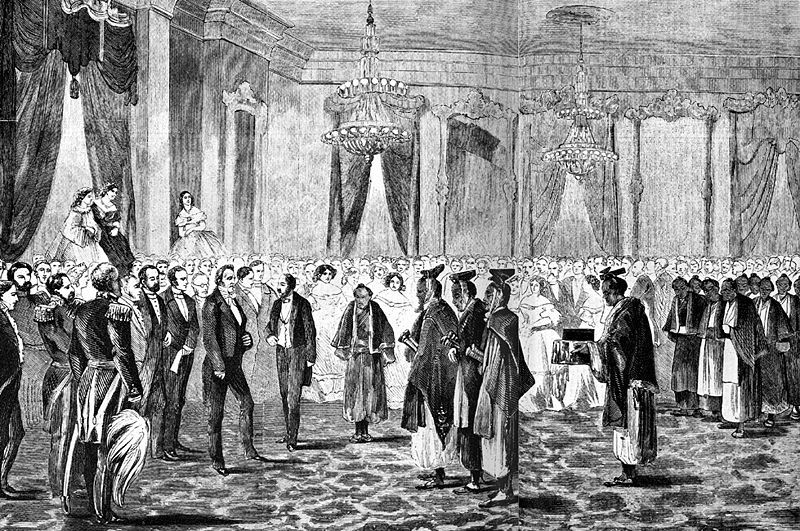In a recent survey from the Associated Press, it was revealed the 80% of Americans will face near poverty and unemployment at some point in their lives.
Survey data exclusive to The Associated Press points to an increasingly globalized U.S. economy, the widening gap between rich and poor, and the loss of good-paying manufacturing jobs as reasons for the trend. [..]
As nonwhites approach a numerical majority in the U.S., one question is how public programs to lift the disadvantaged should be best focused – on the affirmative action that historically has tried to eliminate the racial barriers seen as the major impediment to economic equality, or simply on improving socioeconomic status for all, regardless of race.
Hardship is particularly growing among whites, based on several measures. Pessimism among that racial group about their families’ economic futures has climbed to the highest point since at least 1987. In the most recent AP-GfK poll, 63 percent of whites called the economy “poor.”
The host of MSNBC’s Now, Alex Wagner discussed the growing jobs, the middle class and bridging the gap in income inequality with Maya Wiley, Founder and President, Center for Social Inclusion; Jacob Weisberg, Chairman, Slate; and Jennifer Senior, Contributing Editor, NY Magazine.
At FDL News Desk, DSWright noted President Barack Obama’s admission in a New York Times interview that “he was worried that years of widening income inequality and the lingering effects of the financial crisis had frayed the country’s social fabric and undermined Americans’ belief in opportunity.” He sums up that the president is finally facing the facts:
Hope has its limits, eventually people want the eloquence of rhetoric to be matched by the eloquence of action.
But there is little incentive to help the lower classes of American society. The Bush and Obama Administrations bent over backwards to bail out the rich during the financial crisis the rich caused and they’ve done a heck of a job. According to the Federal Reserve, while most Americans saw their wealth go down by 40% during the Wall Street crash and resulting Great Recession, the rich actually got richer.
So now the 99% are getting wise to the fact that the game has been rigged against them and that continuing on this course will only lead to poverty and stagnation – a realization that is scaring elites. People may be done hoping for change, they finally be understanding that power concedes nothing without demand.



 At the time that I start writing, the death toll from the train wreck that took place in Santiago de Compostela in Spain
At the time that I start writing, the death toll from the train wreck that took place in Santiago de Compostela in Spain 

Recent Comments